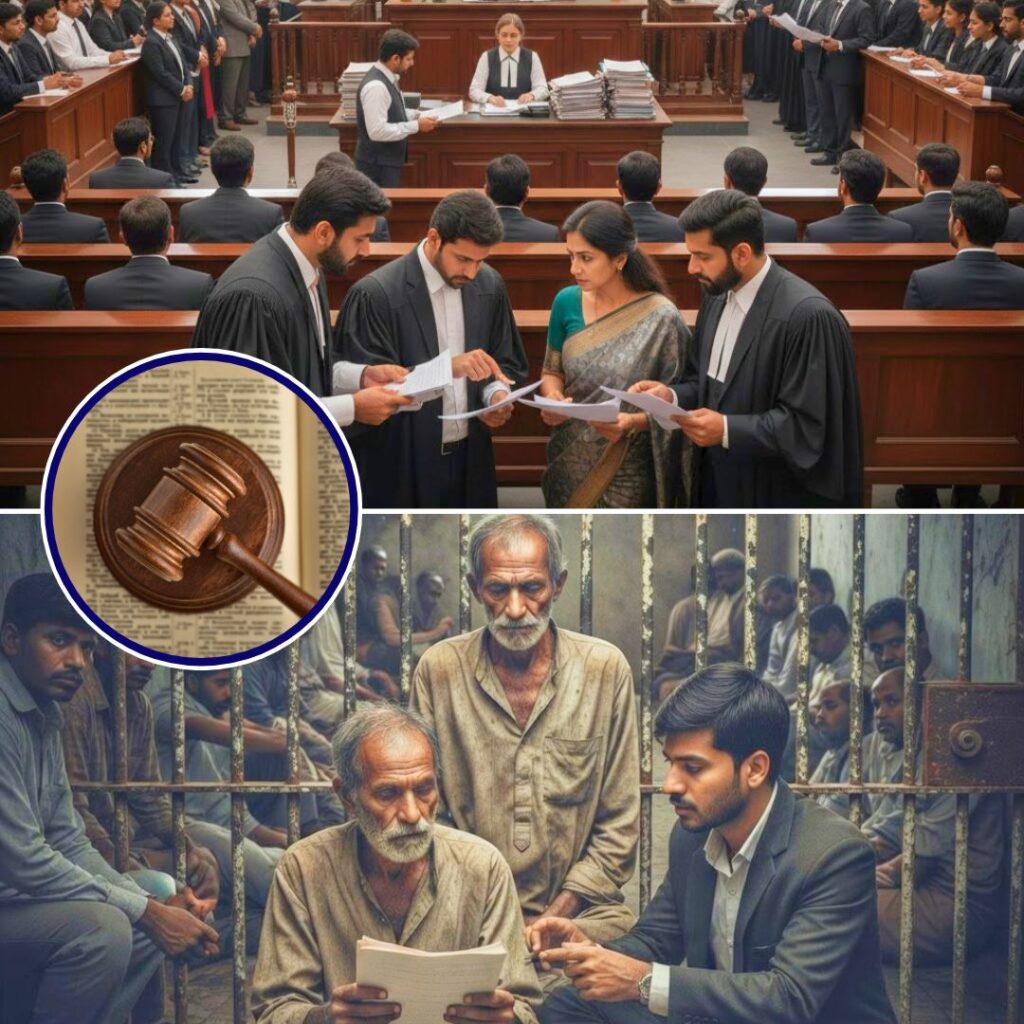In October 2025, the aviation regulator, the Directorate General of Civil Aviation (DGCA), took a significant step to uphold safety standards by penalising IndiGo Airlines for lapses in pilot training. The DGCA imposed a fine of ₹40 lakh on the airline after investigations revealed it had used unqualified simulators for pilot training at airports classified as Category C, these include challenging locations such as Leh, Kozhikode, and Kathmandu.
Not only was the airline fined, but two senior officials, IndiGo’s Director of Training and Director of Flight Operations, were also individually penalised with fines of ₹20 lakh each. This development has raised important questions about compliance, safety, and the integrity of pilot training programs in India’s rapidly expanding aviation sector.
The Investigation and Findings
The DGCA’s investigation was triggered by discrepancies in the simulator training records of IndiGo, derived from email correspondence and training logs from July 24 to July 31, 2025. It was uncovered that approximately 1,700 pilots, comprising both Captains and First Officers, had undergone simulator training on Full Flight Simulators (FFS) that lacked approval or certification for operations at Category C airports.
These simulators were located across various training centres in major Indian cities such as Chennai, Delhi, Bengaluru, and Hyderabad, as well as in Greater Noida and Gurugram.
Category C airports are regarded as highly complex due to their challenging terrain, unpredictable weather, and short runways, requiring specialised pilot training. The use of simulators that are not certified for such environments poses serious safety risks. The DGCA’s inspectors found that the simulators employed by IndiGo were not approved for the high-specificity training necessary for such airports, thereby violating safety regulations laid down by the Civil Aviation Requirements (CAR).
The fines were imposed under the Aircraft Rules, 1937, specifically Rule 162, which mandates strict compliance for simulator qualifications, especially when training pilots for high-risk airports.
Background and Context
India’s aviation industry has seen rapid growth over the past few years, with airlines expanding their networks to include more remote and challenging airports. The importance of simulator-based training has been recognised globally as vital for pilot preparedness, especially for airports with difficult approach procedures, steep terrain, and adverse weather conditions. This incident exposes a lapse in regulatory oversight and highlights the vulnerabilities in ensuring consistent safety standards.
The DGCA’s action underscores the regulator’s commitment to accountability and safety, especially after past incidents involving pilot error at complex airports worldwide. The fact that the simulators—many from reputed training organisations—were unqualified indicates systemic lapses that could have endangered lives had pilots relied on non-certified training. This case is a stark reminder of the importance of strict adherence to certification protocols for flight simulators, which serve as critical tools for training pilots in emergency and high-pressure scenarios.
Broader Implications and the Way Forward
This incident has wider implications for India’s aviation safety ecosystem. It prompts regulatory authorities to enhance oversight of pilot training programs and certification processes, ensuring airlines do not cut corners. Transparency and accountability are vital to maintain public trust as India’s aviation sector continues its swift growth. Airlines must prioritise safety over cost-cutting measures and implement strict internal checks to prevent such lapses.
Furthermore, this case highlights the importance of continuous review and updating of safety standards to keep pace with technological advancements. Regular audits, unannounced inspections, and stringent certification processes for simulators should be institutionalised. In the long run, fostering a culture of safety, transparency, and compliance is crucial to ensuring that India’s skies remain safe for all passengers.
The Logical Indian’s Perspective
The DGCA’s firm action against IndiGo underscores the critical importance of adhering to safety standards in the aviation industry. Using unqualified simulators not only compromises pilot training but also jeopardises passenger safety at some of the most challenging airports in India and beyond.
As the aviation sector evolves, stakeholders, regulators, airlines, and training institutions, must cooperate to uphold the highest safety standards, ensuring that no pilot is trained on uncertified equipment. Only through rigorous oversight, transparency, and a shared commitment to safety can India sustain its ambitions as a prominent global aviation hub.













